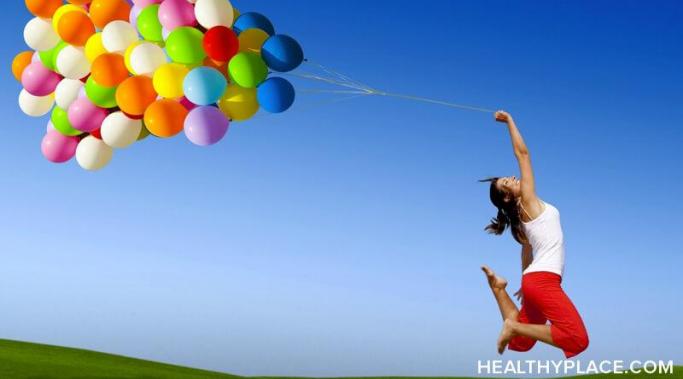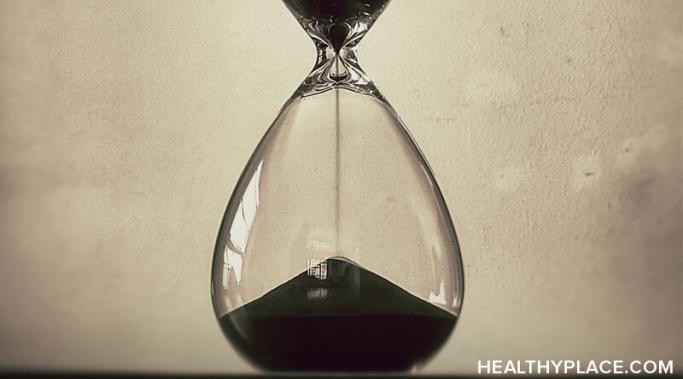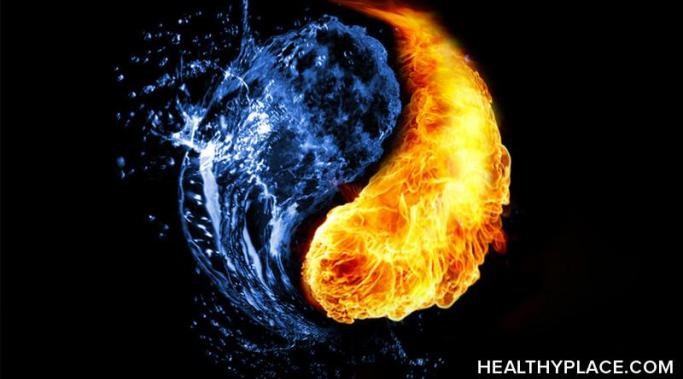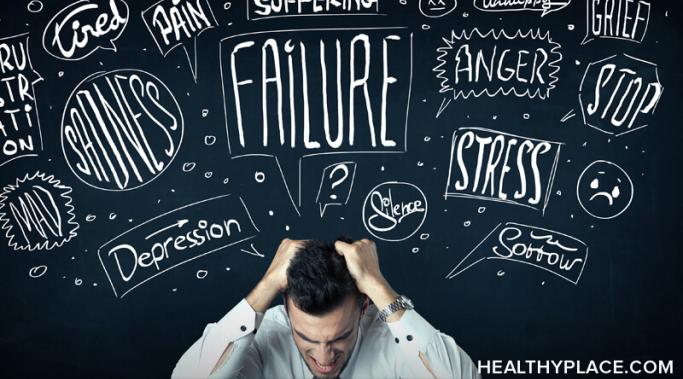The idea of attracting bliss brings many different images to mind. We often associate the word with heightened mental states such as those brought about by meditation and a life of simplicity. At the other end of the spectrum, we might picture a life of complete abundance rooted in physical sensations, wealth, and material possessions.
Motivation - Living a Blissful Life
An idea that I keep returning to with my journey toward a happier life is looking for joy in situations that aren't typically very joyful. I'm sure you've heard the phrase, "Hard work is its own reward," but what does that mean? How can something that you loathe doing be in any way rewarding? How can you look for joy there?
I believe that January offers the stillness necessary for revivification, and because of this, I've gotten into the habit the past couple of years of using the month as a true reset. I am especially thrilled about this opportunity this year. I ended 2022 not with a bang nor a fizzle but with a nagging cold, a shoulder injury, and a sub-par attitude. I'd like to share with you today my intentions around the new year to amend these physical and psychic wrongs.
This is my fourth attempt at writing a post today, and it'll be a miracle if it's my last. Since waking up this morning, I've started three different articles on three different topics, only to give up each after just a few sentences. Nothing was ringing true. So, I've decided to write about the only thing that does feel true, which is that today, I don't have much to say about bliss. I feel no bliss.
I know how important authentic feelings are to recognize. I'm feeling a little blue. Sorrier words have never inaugurated a blog post, I'm sure, but I'm not here to impress you, I'm here to be authentic, to share authentic feelings. What's authentic right now is that it's just one of those days.
This isn't one of those stock Thanksgiving blogicles where I waste 500 words tossing around washed-up phrases about how "gratitude is an attitude." It's much worse than that. I'm going to try to challenge your notion of gratitude altogether. I said early on in my HealthyPlace journey that I wasn't going to try to convince anyone of anything, but we all knew I was lying. So let me be explicit about this: I want you to leave this post believing that gratitude isn't just for the things in your life that are working. I want you to walk away feeling grateful for the challenges in your life that aren't.
I'm writing this just a few minutes removed from a morning run, which I hated almost every second. I'm not like the runners you see in the movies who gracefully jog with their camera-ready smiles; my face is usually fixed in a mask of focused despair, disguising not at all how distasteful I find the whole situation. This run was no different—my feet hurt, my heart pounded quicker than it wanted to, and my respiration struggled to keep pace. In short, the run absolutely, unmistakably, irrevocably sucked. It was exactly what I'd hoped for. I was hoping to increase my distress tolerance.
In the aftermath of one of my mental breakdowns, a wise friend once told me that "sometimes you have to think your way into acting differently, and sometimes you have to act your way into thinking differently." I guarantee he didn't come up with this catchy phrase himself, but I give him full credit for introducing me to the notion that when it comes to changing your feelings, your body is as valuable of a mechanism as your mind. If your mind is already sour, thinking yourself into a more positive experience probably isn't an option. You're better off acting your way into thinking differently—or better: biohacking your way into thinking differently.
Today we'll discuss how not to hate your life. But first, in the last post, I suggested that we ought to drive a wedge between the mechanism by which we understand the world—our brains—and the product of that understanding—ourselves. In the end, I declared that you are pure observation. If you're still scratching your head about this, an easier way to view it is to equate yourself with your experience of reality, keeping in mind that said experience is mediated completely by your brain. It's critical you understand this. Because if you don't, you won't understand that your experience of reality and reality itself has very little to do with each other. The latter is unyielding. The former is entirely subject to the direction it's pointed in.
Hello, everybody, and welcome to my first official installment of "How to Live a Blissful Life." If I weren't in such an atrocious mood, I'd be happy to be here, but unfortunately, I'm in a bit of a tizzy. For the better part of a day, I've been hacking my way through the unforgiving jungle of my mind with my machete of words in order to deliver you something brilliant for this inaugural post. About an hour ago, I punctuated my final sentence and gave the piece I'd just barely conquered a once over. It was bad. It was really, really bad. It was drowning in inauthenticity and pretension, and I wouldn't have let you touch it with a 10-foot stick.









